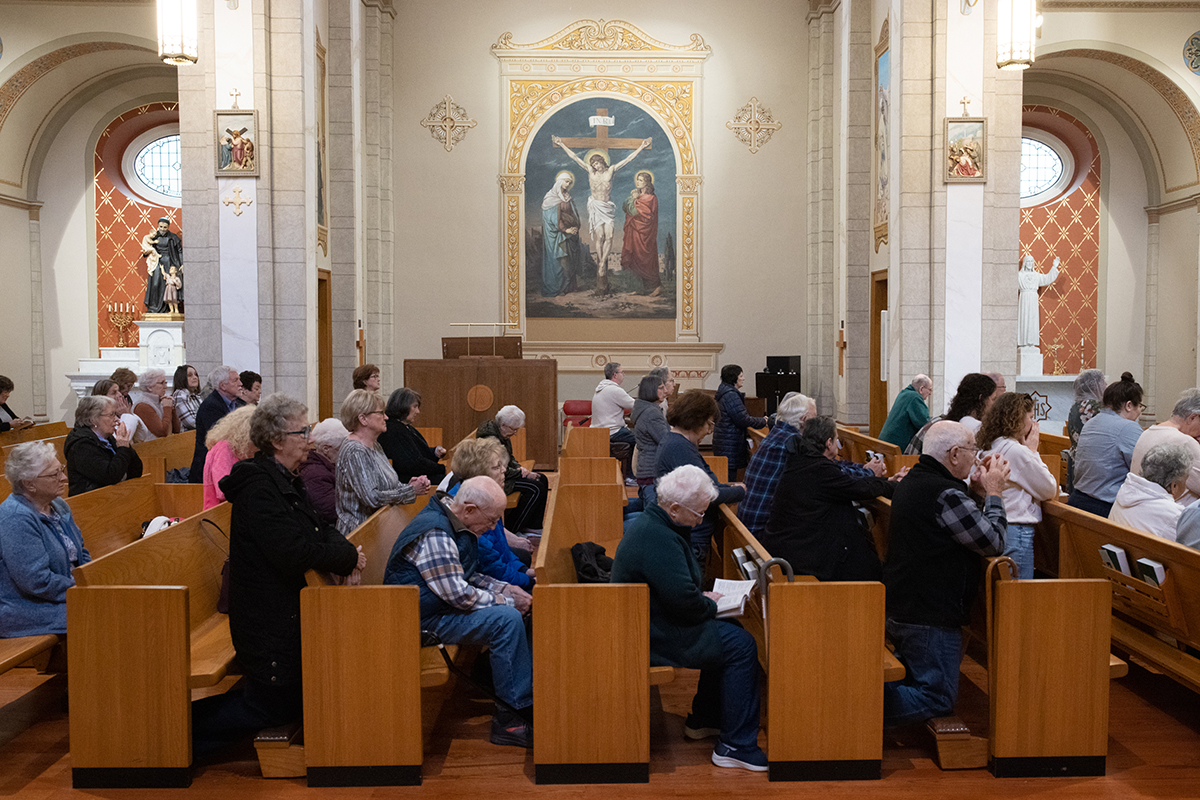Missouri law includes “trigger” that would ban abortions in the state, if Roe v. Wade is overturned

Missouri’s trigger ban would restore to the state the authority to regulate abortion
The U.S. Supreme Court continues its deliberation on a major pro-life case that has the potential to overturn Roe v. Wade, in whole or in part. If the landmark 1973 decision legalizing abortion is overturned, the decisions on abortion laws are expected to go back to the individual states.
Missouri legislators passed in 2019 a sweeping pro-life bill, HB 126 — also known as the “Missouri Stands for the Unborn Act” — which includes a “trigger ban” that would ban nearly all abortions in Missouri if Roe vs. Wade is overturned.
The trigger ban specifically prohibits abortions, except in cases of medical emergency, “upon notification to the revisor of statutes by an opinion by the attorney general of Missouri, a proclamation by the governor of Missouri, or the adoption of a concurrent resolution by the Missouri general assembly that:…The United States Supreme Court has overruled, in whole or in part, Roe v. Wade, 410 U.S. 113 (1973), restoring or granting to the state of Missouri the authority to regulate abortion to the extent set forth in this section …”
Missouri Attorney General Eric Schmitt has stated that his office would issue an opinion “triggering” Missouri’s law if the final opinion of the Supreme Court is to overturn Roe v. Wade. Additionally, a Senate committee on May 10 advanced legislation that would trigger the abortion ban. Healthcare providers who violate the provision would be guilty of a class B felony, which can result in five to 15 years in prison, and have their medical license suspended or revoked.
Other provisions from Missouri law include a requirement for a second custodial parent to be notified when a minor is seeking an abortion, with certain exceptions; and a recognition that God is the author of life and that Missouri is a “sanctuary of life” that protects pregnant women and unborn children.
Several of the law’s provisions are currently being challenged in the courts, including a prohibition on abortion when an unborn baby is diagnosed with Down syndrome, as well as banning most abortions at eight-, 14-, 18- and 20-weeks’ gestation.
A leaked draft opinion signaling that the majority of Supreme Court justices seem set to overturn Roe v. Wade was published May 2. The following day, a statement from the Supreme Court verified that the draft opinion reported on “is authentic” but that it “does not represent a decision by the Court or the final position of any member on the issues in the case.” A final decision, however, is not expected until June.
“While we wait for an official Supreme Court ruling on Dobbs v. Jackson Women’s Health Organization, we will continue expanding our commitment to accompany women and couples in our community who face unexpected or difficult pregnancies, as well as offering compassion to all those suffering directly or indirectly from abortion experiences,” Archbishop Mitchell Rozanski said in a statement.
Abortions in Missouri
Abortions taking place in the state of Missouri continue to decline, but Missouri women are increasingly seeking abortions in bordering states, including Illinois and Kansas. Missouri is among states with the lowest number of abortions performed. In 2020, only 167 abortions were recorded in Missouri hospitals and one outpatient facility, according to data from the Missouri Department of Health and Senior Services. A preliminary look at data from 2021 shows that 150 abortions were performed in Missouri last year.
Meanwhile, Missouri resident abortions are increasing in Illinois, with 6,578 performed in 2020, compared to 4,494 in 2019. In Kansas, Missouri resident abortions have slightly increased from 3,178 in 2019 to 3,201 in 2020.
Alternatives to Abortion funding
The Missouri General Assembly recently completed work on the budget for fiscal year 2023. Included in that is $8.6 million for the state’s Alternatives to Abortion Program, an increase of $2.2 million over last year. Funding is given to frontline social service agencies that offer support to mothers facing unplanned pregnancies, including counseling, prenatal care, housing, job placement assistance and adoption referrals when requested.
The archdiocesan Respect Life Apostolate, which receives support from the Annual Catholic Appeal, has a local online resource guide that includes support providers offering help with financial, housing, emotional and spiritual needs. See walkingwithmomsSTL.com for more information. The apostolate also has abortion-related grief support resources available at archstl.org/hope-healing.
The U.S. Supreme Court continues its deliberation on a major pro-life case that has the potential to overturn Roe v. Wade, in whole or in part. If the landmark 1973 … Missouri law includes “trigger” that would ban abortions in the state, if Roe v. Wade is overturned
Subscribe to Read All St. Louis Review Stories
All readers receive 5 stories to read free per month. After that, readers will need to be logged in.
If you are currently receive the St. Louis Review at your home or office, please send your name and address (and subscriber id if you know it) to subscriptions@stlouisreview.com to get your login information.
If you are not currently a subscriber to the St. Louis Review, please contact subscriptions@stlouisreview.com for information on how to subscribe.


